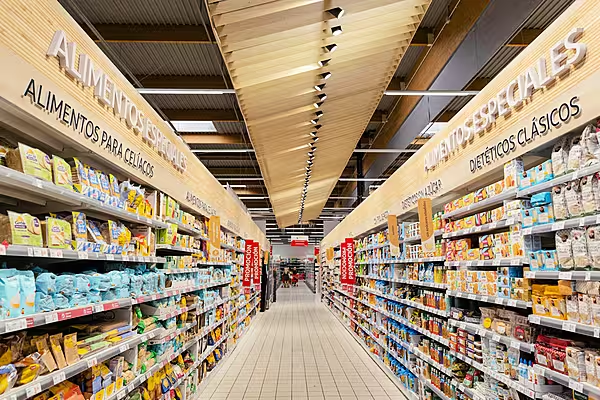According to a new study by Kantar Emor and Eesti Toiduainetööstuse Liit (The Estonian Food Industry Association), every third Estonian opts for the cheapest products in supermarkets and almost 80% choose local products, if their prices are not too high.
The propensity to buy local has been stable over the past decade, while price sensitivity has increased over the recent years, the study noted.
As a result, fewer environmentally friendly and healthy goods are ending up people's shopping baskets.
The Survey
Kantar Emor mapped customer preferences in 36 food categories to find out which products they prefer and how they purchase these items.
The survey showed that people mostly make a shopping list before going to the store, but the brand of milk, meat or cheese that ends up in the shopping cart is determined at the store, and depends on the content and taste of the specific product (41%) and discount offers (30%).
Impulse purchases are higher for sweets, bakery and store baking counter products, various prepared foods, smoothies, energy drinks, chips and snacks, the survey showed.
Aivar Voog, senior expert at Kantar Emor, said that brand loyalty is declining as stores offer a wide selection of food and people are less loyal to one specific brand.
"When buying food, the most important thing is the taste of the food product and the discount offers offered in the store," he added.
Price Sensitivity
Higher food prices has resulted in greater price sensitivity among Estonians shoppers, with one-third (31%) choosing the cheapest products.
The percentage of people ready to make concessions in their lifestyle has decreased by 7% in a year, and the willingness to pay more for environmentally friendly food products is also on the decline, the study noted.
Focus on health has also declined, with 6% fewer people checking the nutritional value of food items compared to last year.
'Hybrid Crisis'
Head of Eesti Toiduainetööstuse Liit, Sirje Potisepp noted that food producers were not prepared for a "hybrid crisis", involving the pandemic, labour shortage, energy crisis, and price increases exacerbated by Russia's invasion of Ukraine in February.
Potisepp added, "Furthermore, we have another war, which we don't talk much about, but which still significantly affects the fortunes of Estonian food producers, and that is the price war between trade chains, especially trade chains belonging to foreign owners.
"The increase in the price of food products and production has not yet reached the final prices, because a large proportion of the assortment of foreign trade chains is made up of imported products, which artificially keep prices down."
Potisepp pointed out that although wages have grown in Estonia over the years and the standard of living has risen, the average salary is not comparable to EU countries, especially old and rich countries.
She added, "The greatest help to food producers lies in our hands as consumers and lies in our daily purchasing decisions – if you have to choose between two equal products in the store, one foreign and the other domestic, always choose the domestic one, because this is the only way we support the Estonian economy and guarantee the survival of the Estonian food industry."
Read More: Firms Should Be 'Taxed Heavily' For Promoting Unhealthy Choices: NielsenIQ Survey
© 2022 European Supermarket Magazine – your source for the latest retail news. Article by Dayeeta Das. Click subscribe to sign up to ESM: European Supermarket Magazine.













